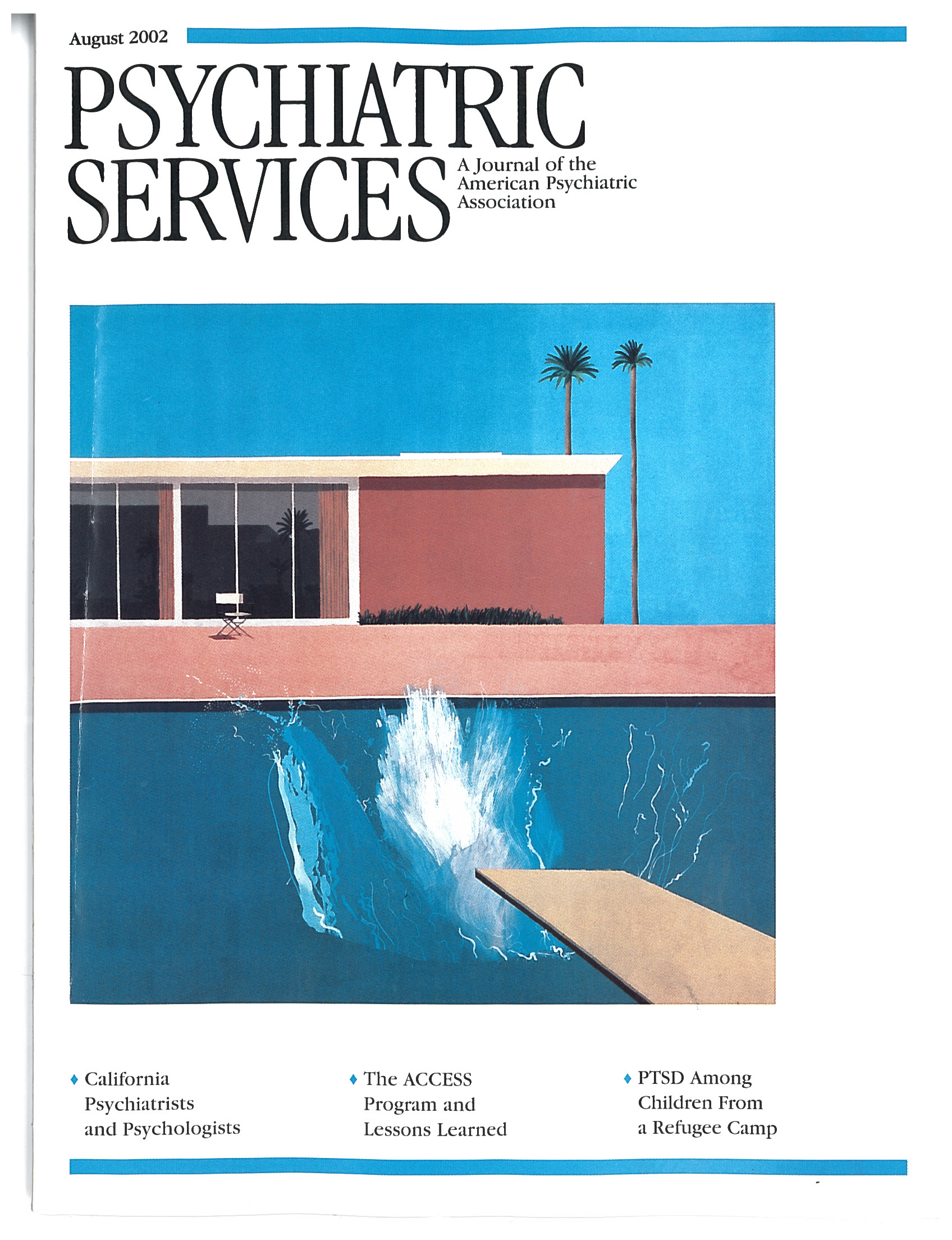Comparison of Psychiatrists and Psychologists in Clinical Practice
Abstract
OBJECTIVE: The authors compared data from psychiatrists and psychologists in California to determine whether long-standing differences in clinical practice remain after the introduction of managed care and other changes in mental service delivery. METHODS: Responses from practicing clinicians in California who participated in the 1998 National Survey of Psychiatric Practice and the 2000 California Survey of Psychological Practice were compared on items related to patient caseload, practice profile, and insurance or reimbursement arrangements. RESULTS: Data from 97 psychiatrists and 395 psychologists were available for the study. Psychiatrists reported spending more hours on most aspects of practice and working more total hours per week than psychologists. The weekly caseloads reported by psychiatrists included a greater percentage of persons treated for psychotic conditions than did the caseloads of psychologists. Psychologists reported that their weekly caseloads included a greater percentage of persons treated for anxiety disorders, personality disorders, and other disorders. Psychiatrists reported receiving a greater average payment for services from public insurance, and psychologists reported treating a greater average percentage of patients who did not have insurance coverage. Significant differences in income sources and fee arrangements were observed, and the net reported income of psychiatrists was nearly 80 percent greater than that of psychologists. CONCLUSIONS: Long-standing differences in clinical practice patterns remain between psychiatrists and psychologists despite managed care staffing arrangements and treatment strategies that streamline the practices of both provider groups. The significant income and wage differences between psychiatrists and psychologists may be partly due to supply dynamics of the mental health workforce that adversely affect psychologists.



